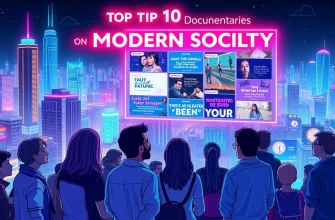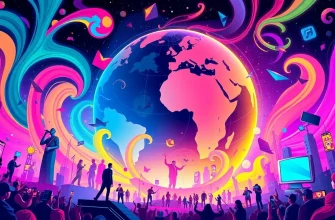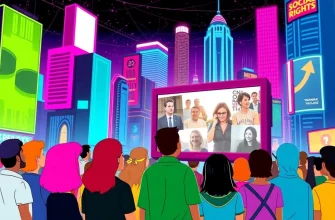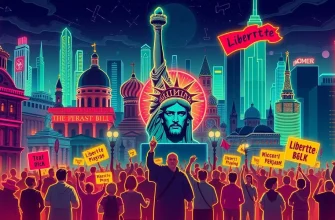Inequality is a pervasive issue that affects societies worldwide, manifesting in various forms such as economic, social, and racial disparities. This curated list of documentaries delves into these complex themes, offering viewers a deeper understanding of the causes, consequences, and potential solutions to inequality. Each film provides a unique perspective, making this collection invaluable for anyone interested in social justice, economics, or simply understanding the world better.
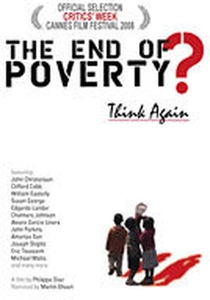
The End of Poverty? (2008)
Description: Philippe Diaz's film investigates the origins of poverty and inequality, suggesting that these issues are not accidental but are the result of deliberate policies.
Fact: The film was screened at the United Nations and has been used in educational settings to discuss global economic policies.
 Watch Now
Watch Now
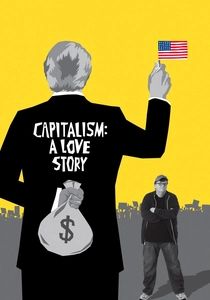
Capitalism: A Love Story (2009)
Description: Michael Moore's critique of capitalism focuses on the financial crisis of 2007-2008, showing how it exacerbated inequality in America.
Fact: The film was Moore's highest-grossing documentary at the time of its release.
 Watch Now
Watch Now
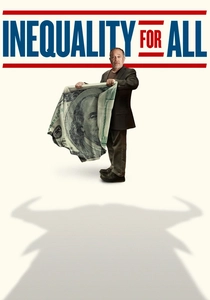
Inequality for All (2013)
Description: This film features former U.S. Labor Secretary Robert Reich, who explains the widening income gap in America and its implications for the future. It's a compelling look at how economic inequality affects everyone.
Fact: The film was nominated for the BAFTA Award for Best Documentary. Reich's engaging style makes complex economic theories accessible to all.
 Watch Now
Watch Now
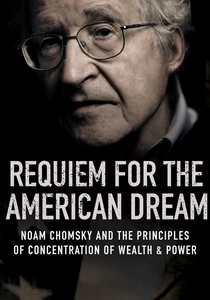
Requiem for the American Dream (2015)
Description: Noam Chomsky outlines the ten principles of the concentration of wealth and power, providing a historical and analytical perspective on inequality in America.
Fact: Chomsky's analysis spans over 40 years of his work, making this documentary a comprehensive overview of his thoughts on inequality.
 Watch Now
Watch Now
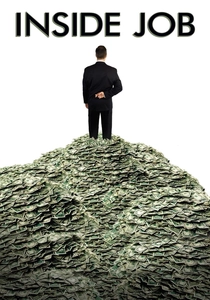
Inside Job (2010)
Description: This Oscar-winning documentary examines the global financial crisis, detailing how deregulation and conflicts of interest contributed to economic inequality.
Fact: It was the first documentary to win the Academy Award for Best Documentary Feature since "An Inconvenient Truth."
 30 Days Free
30 Days Free
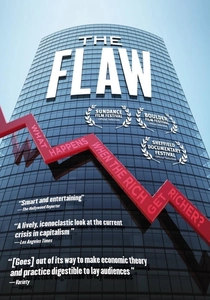
The Flaw (2011)
Description: Focusing on the 2008 financial crisis, this documentary argues that the flaw in the American dream is the belief that everyone can achieve wealth, leading to systemic inequality.
Fact: The film features interviews with economists, historians, and ordinary citizens, offering a broad spectrum of views on the crisis.
 30 Days Free
30 Days Free
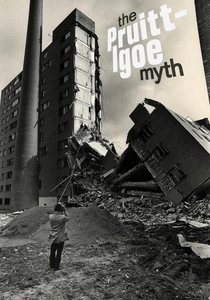
The Pruitt-Igoe Myth (2011)
Description: This film explores the rise and fall of the Pruitt-Igoe housing project in St. Louis, Missouri, as a case study in urban decay and inequality.
Fact: The documentary includes interviews with former residents, providing a personal touch to the historical narrative.
 30 Days Free
30 Days Free
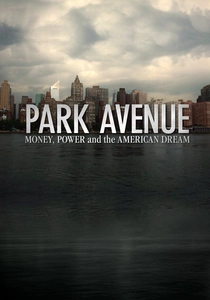
Park Avenue: Money, Power and the American Dream (2012)
Description: This film contrasts two Park Avenues: one in the Upper East Side of Manhattan, home to the wealthiest Americans, and another in the South Bronx, highlighting stark economic disparities.
Fact: The documentary was part of the PBS series "Independent Lens" and received critical acclaim for its stark portrayal of inequality.
 30 Days Free
30 Days Free
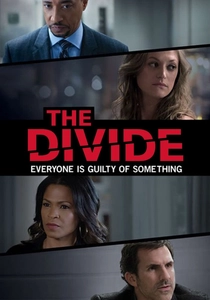
The Divide (2015)
Description: Directed by Katharine Round, this documentary explores the growing divide between the rich and poor in Britain, using personal stories to illustrate the broader economic issues.
Fact: The film was inspired by the book "The Spirit Level" by Richard Wilkinson and Kate Pickett, which discusses the impact of inequality on societies.
 30 Days Free
30 Days Free

The One Percent (2006)
Description: This documentary looks at the wealthiest 1% of Americans, exploring how their wealth influences politics, society, and the economy.
Fact: The film features interviews with both the ultra-rich and those affected by their policies, providing a balanced view.
 30 Days Free
30 Days Free


